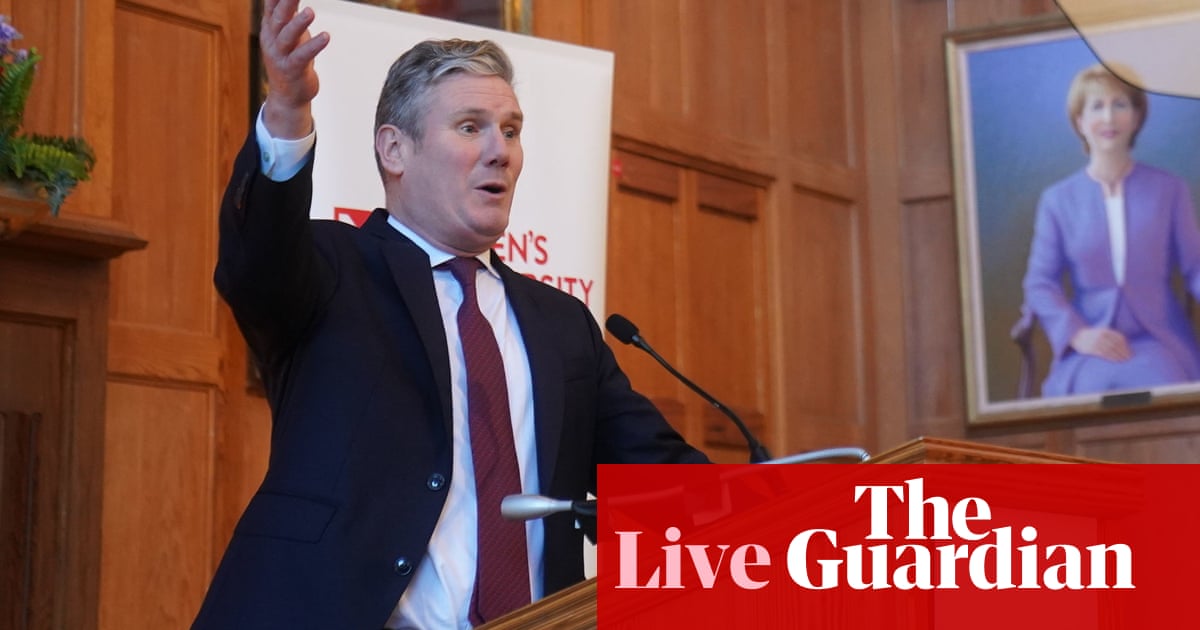
aqeeb, a 20-year old refugee from Afghanistan, has watched with increasing dismay the reaction of politicians and journalists to the people who are risking their lives attempting to reach the UK across the Channel.
Among those packed aboard flimsy dinghies are teenagers and children travelling alone: more than 400 unaccompanied minors have attempted to cross from France to England by sea this year.
Naqeeb understands what is driving these young people. Four years ago, at the age of 16, he fled Afghanistan and travelled alone to the UK, claiming asylum at an airport before being placed in foster care and, after long delays, finally getting leave to remain.
Now he is speaking out on behalf of the young people he sees arriving, part of a campaign by young refugees to increase understanding of what they say is a desperate need for more safe and legal routes for refugees.
“I have been saddened by the media response [to the channel crossings],” he says. “No one makes that horrific journey if they did not have to. The only way to protect young people from being exploited or taking dangerous journeys is to offer accessible safe and legal routes.”
Naqeeb is skilled at speaking out about the realities of life as a young migrant. He is part of an energetic and growing project in Brighton that teaches public speaking skills to newly arrived young asylum seekers. With friends at the Hummingbird Project’s Young Leaders initiative, Naqeeb has already won an award for his activism.
He has met several MPs, given evidence at parliament about delays in the asylum system and regularly speaks to school children about life as a refugee.
“I wanted to prevent what happened to me happening to others, and I want people to know we are here to give not to take. When I first went to parliament, my brother said: ‘You are joking! I spent 11 years in this country, you have only been here two years,” he says.
Elaine Ortiz, founder of the Hummingbird Project, was inspired to set up the Young Leaders group by her experiences working with children in the Calais migrant camps.
As the French authorities prepared to destroy the camps, MPs and lawyers fought for lone children to be allowed to join family in the UK. Ortiz felt young people were not being heard. She says: “When the camp was being dismantled, I was in a lot of meetings with NGOs and people from the Home Office. There was never a young person in the room when decisions were being made about them.”
After being invited to speak at parliament, Ortiz and her partner, Toby Moore, began teaching public speaking skills so the young people could take part. Moore says: “We had fun so we kept going.”
Naqeeb has aced his A-levels and is on his way to study aviation. But he is still making time to help train new recruit Percy, originally from Angola and now living in Worthing, Sussex. Percy says: “The skills they taught us really work. It’s about how you speak, what you do with your hands.
“I speak to foster parents and give them the perspective of a young asylum seeker. In a care home, they write down and report everything we do each day and I asked them how they would feel: you feel very watched and it’s scary. When I speak, it changes the way they see asylum seekers, they see we have dreams and goals and are doing the best we can.”
The Young Leaders work has been so successful that the model is spreading across the country with the charity Safe Passage. These young people are planning to come together to help save the rights of unaccompanied asylum-seeking children to family reunion from vanishing because of Brexit.
Nouran is joining the campaign from Essex. This smart, articulate and passionate young woman, who turns 17 this week, arrived by charter plane four years ago, one of nearly 20,000 Syrians who have come to the UK through direct resettlement since 2014. This is the gold standard of international refugee protection, a declining opportunity globally. But even arriving the “right” way isn’t easy.
“I won’t lie,” Nouran says. “The first few months I cried every day. I didn’t speak any English, I used to sit on my own. It was really, really hard not being able to communicate with people, all I knew was ‘hi’ and ‘bye’.”
Nouran went from not speaking a word to two years later standing up in front of 100 people at a local council meeting and asking them to support more child refugees coming to the area. “I was shaking, but I got a round of applause,” she says.
Nouran knows the pain of being apart from family. “When I heard that family reunion is under threat, I knew I needed to stand up. I’m here with my mum, dad and little brother, but my older brothers aren’t here. I cry whenever we speak. My parents are very stressed that we are not all together.”
In September, the fight returns in earnest when the immigration bill returns to the House of Lords. Naqeeb will join others on Thursday to deliver a letter to peers urging them to vote for an amendment to protect family reunion for child refugees that was drawn up by Alf Dubs.
Ortiz says people need to wake up to the risk of vital rights being lost. “These rights are hard earned. Lord Dubs and lawyers had to work very hard to win them. People need to start shouting about what’s going on.”












